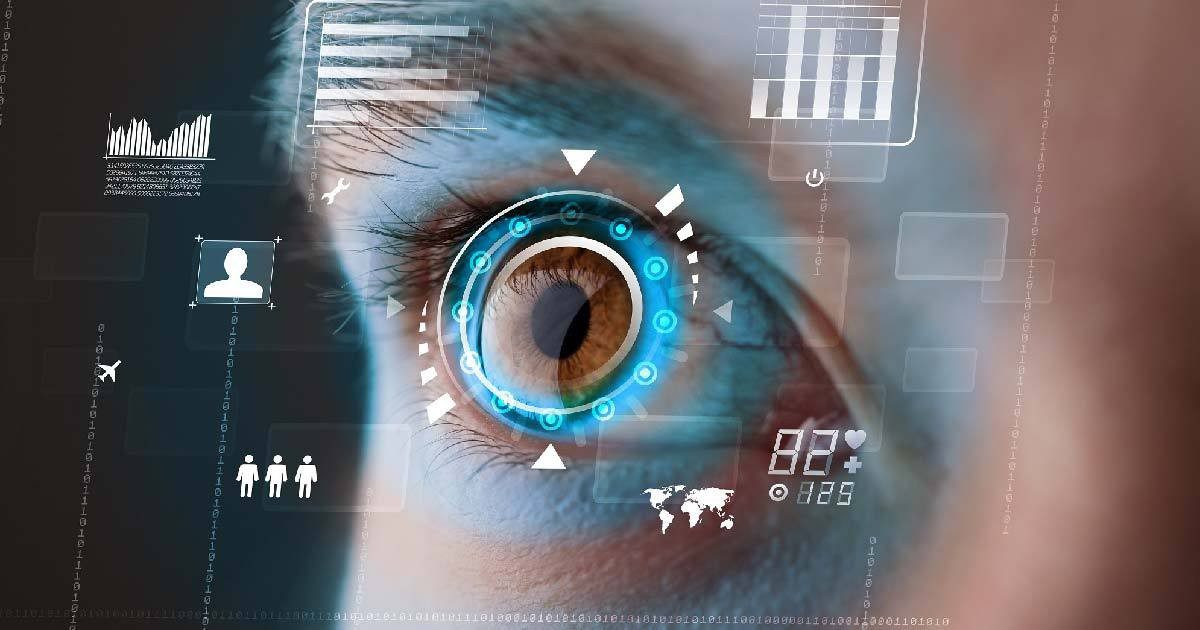Hidden within the intricate pathways of the human mind, a revolution is taking shape – not one of weapons or ideologies, but of a transformative technology known as brain-to-brain interfaces (BBIs). This emerging field envisions a future where thoughts, emotions, and memories bypass the constraints of language, directly transferring from one mind to another.
The Symphony of Shared Consciousness
Envision collaborating on a symphony, each note resonating silently in your partner’s neural canvas. Picture acquiring a new language not through memorization but by immersing yourself in another’s linguistic landscape. Imagine experiencing the Taj Mahal not through your own eyes, but through the vivid tapestry woven by someone else’s perception. BBIs offer a glimpse into a world where connection transcends spoken or written words, creating a shared consciousness symphony.
The Dichotomy of BBIs
As with any emerging technology, BBIs bring both promise and peril. The potential for unprecedented empathy and collaboration coexists with the specter of manipulation and ethical challenges. Are borrowed thoughts truly our own? How do we guard against coercion and involuntary information transfer? Navigating this moral minefield requires a cautious and nuanced approach, embracing the wonder of BBI technology while acknowledging its complexities.
Autonomy and Agency: Blurred Lines
Autonomy and agency are central concerns. When thoughts and emotions become transferable data, the line between self and other blurs. Can we still claim ownership of our experiences when their essence can be shared and reshaped at will? The risk of unwanted intrusions amplifies the need for robust safeguards and informed consent.
Beyond Pitfalls: Therapeutic Horizons
Despite concerns, dismissing BBIs solely for their pitfalls is akin to shunning a new language for fear of misuse. Therapeutic applications abound, from aiding locked-in syndrome patients to restoring motor skills in those with paralysis. BBIs could be bridges for the neurodivergent, fostering empathy for cognitive diversity.
Building a Compassionate Framework
To harness the full potential of BBIs, a compassionate and responsible framework must be forged. This necessitates:
- Open and Transparent Research: Public engagement and informed consent are crucial. The intricacies and risks of BBI technology must be openly communicated and discussed.
- Robust Ethical Guidelines: Stringent regulations are essential to prevent coercion, exploitation, and unauthorized data transfer. Prioritizing individual autonomy and safeguarding mental privacy is paramount.
- Interdisciplinary Collaboration: Scientists, ethicists, legal experts, and policymakers must collaborate to navigate the complex ethical landscape of BBIs, balancing technological progress with human dignity and individual rights.
A Harmonious Future
Brain-to-brain interfaces stand at the brink of a new era, where human connection may be fundamentally reshaped. It’s a future of breathtaking possibilities and profound challenges. We must approach this frontier with open minds, cautious hearts, and an unwavering commitment to harnessing the potential of BBIs for the greater good.
This article initiates a journey, prompting additional exploration and conversation. The ethical and philosophical complexities of BBIs require continuous dialogue and collaborative efforts. As we navigate this unexplored realm, let’s bear in mind William Gibson’s insight: “The future is already here; it’s just not very evenly distributed.” By advancing responsibly and engaging thoughtfully, let’s aim for a future of shared consciousness that embraces inclusivity and harmony for everyone.




